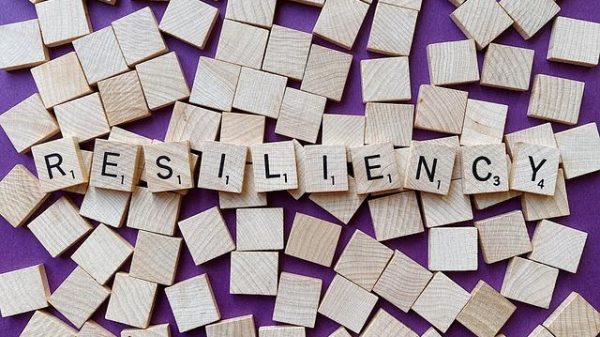In the intricate dance of relationships, trust serves as the invisible thread weaving two lives together. Yet, like any delicate fabric, it can fray under the weight of misunderstandings, disappointments, or betrayals. When emotional trust is compromised, it may feel as though the very foundation of your partnership has been shaken. However, much like a master weaver can mend a tapestry, so too can individuals rebuild the trust that once seemed lost. This journey is neither swift nor simple, but it is profoundly transformative. In this article, we will explore the nuanced path to restoring emotional trust after a setback, offering insights and strategies to help you and your partner navigate this pivotal chapter with empathy, patience, and hope.
Recognizing the Root Causes of Trust Issues
Understanding what lies beneath the surface of trust issues is crucial for healing and rebuilding in any relationship. Often, these issues stem from past experiences that have left emotional scars, shaping how individuals perceive and react to trust. It’s important to recognize that trust issues are not solely about the present circumstances but are also influenced by:
- Past Betrayals: Previous betrayals, whether in the current relationship or past ones, can create a lingering sense of doubt and insecurity.
- Fear of Vulnerability: The fear of opening up and getting hurt can lead to protective barriers that hinder trust.
- Communication Breakdowns: Misunderstandings and lack of open dialogue can breed suspicion and distrust.
- Unresolved Conflicts: Lingering issues from past conflicts can resurface, affecting trust in the present.
By identifying and addressing these root causes, couples can begin to lay a foundation for restoring trust. It involves a commitment to introspection and open communication, fostering an environment where trust can gradually be rebuilt.

Open Communication as the Foundation for Healing
Effective healing in a relationship requires an unwavering commitment to open communication, where each partner feels heard, understood, and respected. This involves creating a safe space for dialogue, where both individuals can express their feelings without fear of judgment or retaliation. Here are some essential elements to consider:
- Active Listening: Focus on truly understanding your partner’s perspective rather than planning your response. This involves giving them your full attention, maintaining eye contact, and occasionally summarizing what you’ve heard to ensure clarity.
- Transparency: Be honest about your feelings, even if they are difficult to articulate. Transparency fosters trust, as it shows your willingness to be vulnerable and open about your emotions.
- Empathy: Strive to put yourself in your partner’s shoes. Empathy allows you to connect with their emotional experience, demonstrating that you value their feelings and are committed to understanding them.
By prioritizing these communication practices, you lay a solid foundation for rebuilding emotional trust, paving the way for a healthier and more resilient relationship.

Rebuilding Trust Through Consistent Actions
Trust is not rebuilt overnight; it requires a foundation of consistent actions that resonate sincerity and reliability. To restore emotional trust, it’s essential to focus on daily behaviors that reinforce your commitment. Here are some steps to consider:
- Transparency: Be open about your intentions and share information willingly. This openness can help dispel doubts and demonstrate your dedication to being truthful.
- Accountability: Own up to your mistakes and make amends. This not only shows maturity but also signals that you are willing to work towards a better future.
- Consistency: Regularly follow through on your promises. Consistency in actions over time builds a pattern of reliability, crucial for rebuilding trust.
- Patience: Understand that rebuilding trust is a gradual process. Be patient with your partner and yourself as you navigate through this journey together.
Incorporating these actions into your daily routine will gradually reinforce a sense of security and trustworthiness, laying the groundwork for a more resilient relationship. Remember, trust is a living entity that requires nurturing and attention to thrive once more.

Fostering Emotional Intimacy and Vulnerability
Building emotional intimacy requires a willingness to be vulnerable, an act that can be daunting after trust has been shaken. Yet, this vulnerability is the cornerstone of reconnecting with your partner on a deeper level. Begin by expressing your feelings honestly, without the fear of judgment. This openness can create a safe space for your partner to do the same, fostering a mutual understanding and compassion.
To nurture this environment, consider these approaches:
- Active Listening: Show genuine interest in your partner’s thoughts and emotions by giving them your undivided attention.
- Empathy: Try to understand their perspective, even if it differs from your own, acknowledging their feelings as valid.
- Shared Experiences: Engage in activities that bring joy and connection, whether it’s cooking a meal together or taking a walk in nature.
Remember, emotional intimacy is a journey, not a destination. It requires patience, persistence, and a shared commitment to rebuilding the bond that once felt unbreakable.








